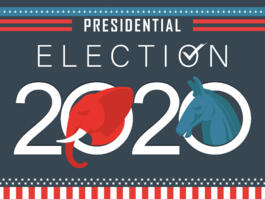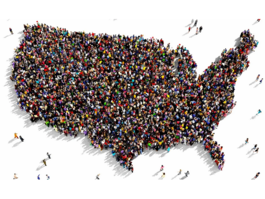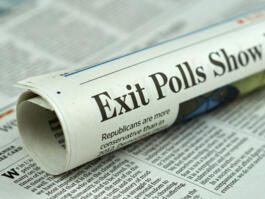The Biden Rule: 'No Men Need Apply!' By Patrick J. Buchanan
There is a real possibility that, this coming week, Joe Biden will be selecting the 47th president of the United States.
For the woman Biden picks -- he has promised to exclude from consideration all men, black, brown, white or Asian -- has a better chance of succeeding to the presidency than any vice presidential nominee in U.S. history, other than perhaps Harry Truman.









